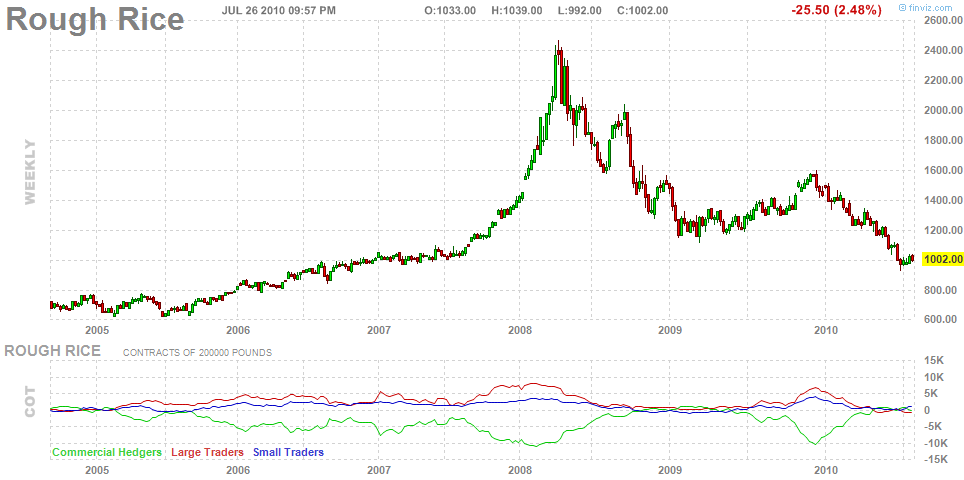Re: Economics is not hard - Part I: Donít let professional economists tell you otherwise
I would expect so, but who runs the clearinghouse? And I had assumed the netting percentage would be HIGHER! 
And what is the total derivatives amount now, has it reached a quad?
Originally posted by bart
View Post

And what is the total derivatives amount now, has it reached a quad?

 , and the middle class can watch their pensions slowly (or not so slowly) confiscated.
, and the middle class can watch their pensions slowly (or not so slowly) confiscated.

Comment